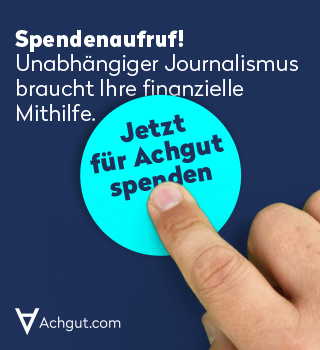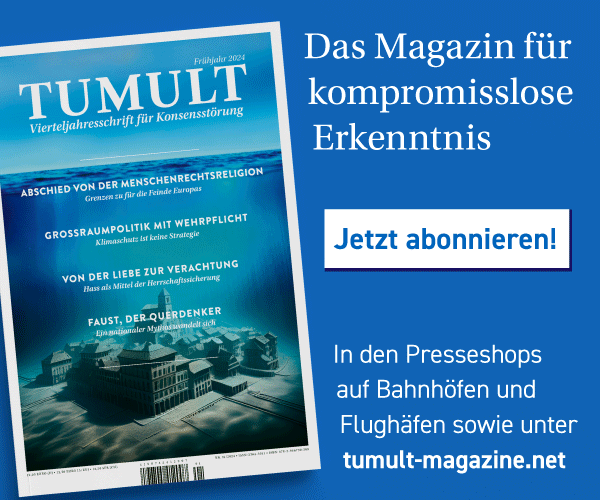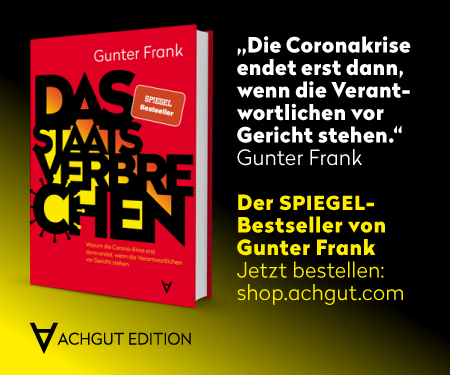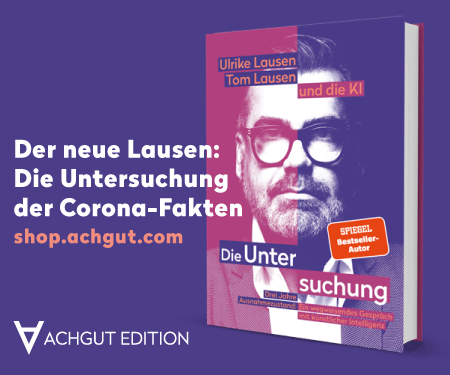Better late than never: Letztes Jahr richtete das Centre for Independent Studies eine Diskussionsrunde zum 20. Jahrestag des Mauerfalls aus. Die Publikation der dort gehaltenen Vorträge ließ zwar lange auf sich warten, liegt aber nun endlich vor:
After the Wall - Reflections on the Legacy of 1989. Mit Beitägen von Lee Duffield, Martin Krygier und John Lee sowie einem Vorwort von mir:
Historians have a habit of grouping historic events. One such grouping was proposed by Eric Hobsbawm, the eminent British Marxist historian. He famously coined the phrase the ‘short twentieth century’ in referring to the period from the beginning of World War I in 1914 to the disintegration of the Soviet Union in 1991.
Hobsbawm’s reasoning was lucid: the end of the ‘long nineteenth century,’ which had begun with the French Revolution in 1789, collapsed with World War I, created tensions that led to World War II, and was followed by the Cold War—heralded the end of the ‘short twentieth century.’
While there is not much to argue with Hobsbawm’s principal logic, the twentieth century was perhaps two years shorter than he thought. True, the Soviet Union formally dissolved in 1991. But few would consider this dying act of the USSR as the moment that captured the spirit of the times. In fact, most people may not even recall the precise time it happened (Christmas Day, 1991).
In contrast to this almost forgotten day are the historic events of 1989. The whole year was marked by radical change all over Eastern Europe, creating a number of historic days worth remembering. Poland held its first semi-free elections on 4 June; Hungary opened its border to Austria on 27 June; two million people in the Baltic states demonstrated against Soviet rule on 23 August—all showing just how fragile the Eastern bloc had become.
This sequence of historic events culminated in the most recognised symbol of the changes of 1989—the fall of the Berlin Wall on 9 November.
Former German president Richard von Weizsäcker once said that as long as Berlin’s Brandenburg Gate was closed, the German question remained open. In fact, the closed Brandenburg Gate signified more than the German question. It stood for the divisions that had torn apart Europe and the rest of the world. East against West, capitalism against communism, democracy against dictatorship: all the ideological confrontations at the end of the short twentieth century were marked by the wall in front of the Brandenburg Gate.
This was why tearing down symbol of Berlin’s (and Germany’s) division made 9 November a decisive moment in history—not just for the German people but far beyond.
On this day, Hobsbawn’s short twentieth century really ended.
In 2009, we were commemorating the twentieth anniversary of these epoch-defining moments. In Berlin, current and past political leaders gathered to watch colourful styrofoam dominoes fall where the wall once stood. The tenor Placido Domingo sang a German folk song; rock bands U2 and Bon Jovi performed in front of thousands gathered in the former death strip. The atmosphere was not one of solemn commemoration but one of a big, open-air party.
There is of course nothing wrong with joyful celebrations, even if they drift towards the trivial and mundane. And yet, one cannot help but wonder whether over these past 20 years, the bitter reality of the Cold War has been forgotten and relegated to the history books.
As the 2009 celebrations in Berlin showed, there is a danger that 9 November is about to become a feast day only good for fireworks and parties. It is a bit like Christmas Day now that is no longer just a religious holy day but also a secular holiday when families get together. Memories of the peaceful revolution of 1989 are disappearing, with anniversary celebrations becoming an exercise in empty rituals.
For this reason, it is important not to get carried away with the all-too-popular festivities around the twentieth anniversary of the fall of the wall. Instead, a more historical perspective is required. A perspective that does justice to the fact that this day in history marked the end of twentieth-century politics.
The Centre for Independent Studies held a special event on 9 November to commemorate these very historic events and analyse them from four different angles. Despite its geopolitical significance, the fall of the Berlin Wall had its most direct effects in Germany, where it led to the country’s unification less than a year later. Unfortunately, the process was mismanaged, particularly by West Germany’s political class, as I explained in my opening remarks.
Dr Lee Duffield recalled the breathlessness with which history had been made in 1989. As the ABC’s Europe correspondent, he reported the famous press conference at which a spokesman for the East German government stumbled through the announcement about the opening of the wall.
Professor Martin Krygier used his speech to remind the audience that 9 November may have been the most visible symbol of change in the East, but it would not have been possible without the Polish movement for democracy and freedom that had started in the early 1980s. Indeed, the courageous Poles had gone through a remarkable struggle for reforms in their own country, including the elections of 4 June 1989, and it is deplorable that their heroic efforts were eclipsed by the fall of the Berlin Wall.
Finally, my CIS colleague Dr John Lee explained how the revolution in Eastern Europe shocked the communist leadership in Beijing. If authoritarian regimes could be removed by peaceful protesters, what would this mean for China, they asked themselves. Beijing was so worried about the fall of the wall that it obsessively analysed the events in Eastern Europe. Ironically, the fall of the Berlin Wall may have helped strengthen the Chinese Communist Party’s grip on power.
Twenty years after these historic events, it remains an important task to keep the memories of this time alive. The struggle for freedom that the world witnessed back then holds lessons for the future. For this reason, an understanding of 1989 is something that should neither be left to history books nor turned into feel-good events. The contributors to this publication hope they have brought a new perspective to this chapter of modern history.
‘After the Wall’ kann hier heruntergeladen werden.









